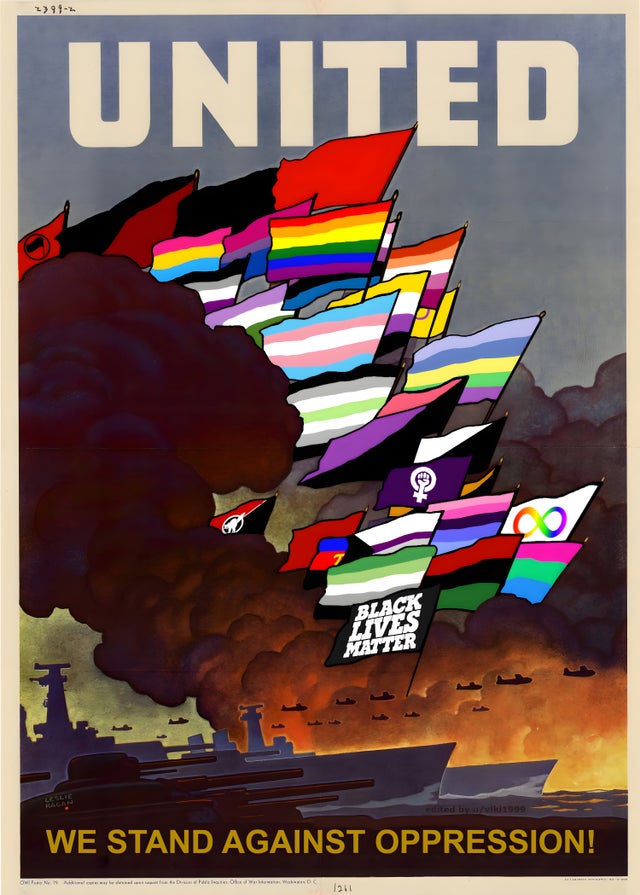The kingdoms and duchies are westphalian in nature. Borders are extremely firm, there are no marchers between states, there are little to no disputes about what land belongs to who. The subdivisions of barons and manors are treated like modern bureaucratic divisions instead of the statelets they are historically.
Both the nobility and peasantry are nationalistic, the former limits their affairs entirely within their border and never ventures ventures into foreign courts; those who do are seen as treacherous; while the latter hold their loyalty to the abstract concept of their state and are surprisingly well educated in the civics of their country. Their military are professional, with the levy treated like modern conscripts while the warrior class are sword-wielding special forces. The church are also surprisingly secular, they gain their power through abstract social influence over the faithful instead of through their ownership of their own estates and domains.
The economy is capitalistic. Land ownership is treated with modern sensibility where owning a mere piece of paper (or parchment) grants one an inalienable and exclusive right over that land, unlike how it historically was where ownership is often a heavily disputed issue and a source of endless feuds. Likewise, there are no such thing as "the commons" in fantasy and fiction land, all lands are already surveyed, enclosed, and subdivided by offscreen surveyors that must've been either magical or superhuman to accomplish such feat without modern technology.
The merchants are medieval capitalists who often owned means of productions with weavers and millers employed for fraction of their surplus values. Independent ventures like the blacksmiths and shops are treated small business who simply are yet to hit their big break, and will turn into big capitalists with chains of smithies and shops if possible.
TL:DR: it is easier to imagine magical dragons than to imagine a world without capitalism.

What’s a good example of this for us to point at when people ask?
Like literally any society before money, pretty much. There is no examples of any society that uses bartering for goods as described by Adam Smith. "I'll make you two shoes for your three chickens" kind of stuff never happened. They used communal systems or a form of debt, or usually a combination of both.
OP is likely referencing an excellent book, Debt: The First 5000 Years by David Graeber. Specifically the chapter I'm referring to is called "The Myth of Bartering" and it tears down Adam Smith's notion that "before money people exchanged things inefficiently through bartering" He's an anthropologist by training and the book is littered with historic and contemporary examples of non-monetary societies.
https://warwick.ac.uk/fac/arts/english/currentstudents/undergraduate/modules/fulllist/special/statesofdamage/syllabus201516/graeber-debt_the_first_5000_years.pdf
Wow, thank you for the link!
I should say bartering did sometimes exist in prehistory, but it was between different groups of people who otherwise had little contact, not among themselves in their everyday lives. Bartering wasn't a primary mechanism in a person's everyday life unless they were in a collapsed civilization that previously had money. It makes little sense to go around your whole settlement hoping for someone that needs cotton but has excess leather. Makes more sense and is far easier to distribute in a more communal way and trade only when travellers show up with stuff you've never seen before.